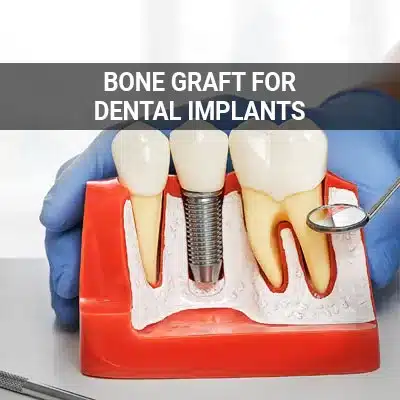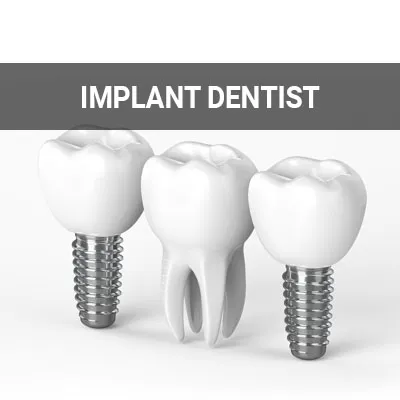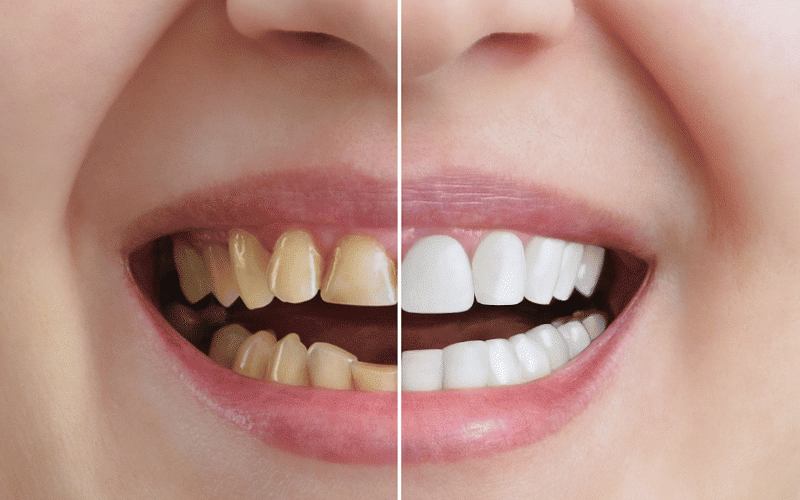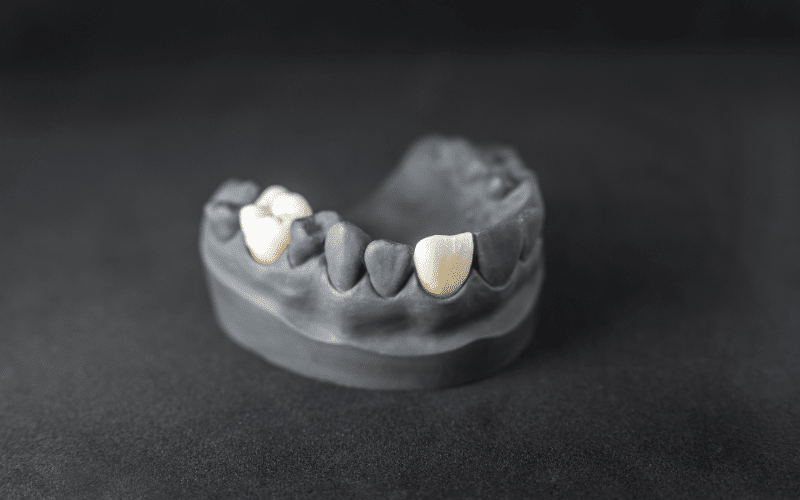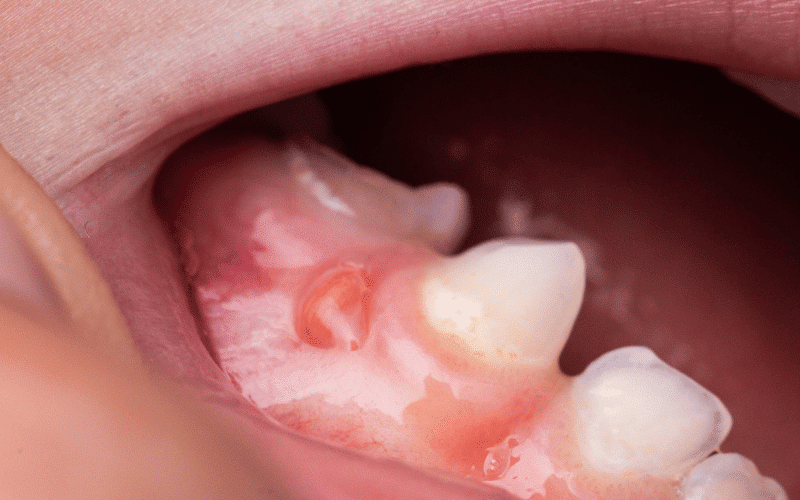
Dental Implant Surgery, Glendale AZ
Dental implant surgery involves placing the dental implant into the jawbone to serve as the root of the replacement tooth. The surgical process helps provide long-term stability to the dental implant while providing a tooth replacement option most similar to a natural tooth.
We follow a fairly consistent process with the surgical placement, including helping each patient with preparation before the operation and follow-up care after. Singh Smile Care - Dentist Glendale, AZ is available to answer any questions and provide details on each step. Call us at (623) 400-6009 today to learn more about dental implant surgery and schedule a consultation.
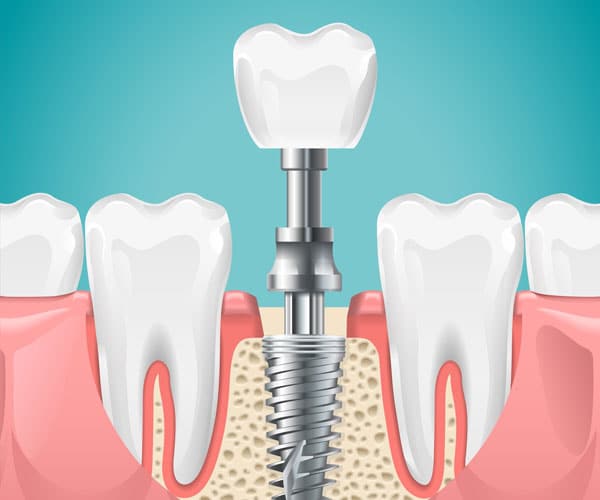
Dental Implant Surgery Consultation
It is common for patients to experience varying levels of anxiety before dental implant surgery. Understanding more about the preparation, surgery, and aftercare can help put patients at ease. We can address any concerns or questions the patients have about the process at the initial consultation.
Our team will examine the patient’s mouth and assess the patient’s oral and physical health. We will take X-rays to determine the placement of the implant and if the jaw bone is ready to support it. You should tell us about any medications you are taking or conditions you have as they may affect the outcome of the surgery and healing.
It is common for patients to experience varying levels of anxiety before dental implant surgery.
Before Implant Placement Surgery
Tooth decay, gum disease, and injury to the mouth can lead to the loss of one or more teeth. However, tooth loss does not mean you cannot have a healthy mouth. The patient needs to have good oral health before surgery. We may recommend additional treatments such as bone grafting in preparation for dental implant surgery.
Each patient may have a different experience based on several factors. These include the number of teeth we are replacing, the type of implant, and the patient's overall oral health. We will advise the patient through each step of the process.
Bone grafting, in particular, is necessary when there is not enough healthy bone inside the jaw to support the implant. Other potential pre-surgery treatments may include gum disease treatment or dental fillings. Once the patient is ready for surgery, we will provide them with instructions to follow, especially for the night before. These instructions may include avoiding certain foods, fasting the night before, and getting a proper night of sleep.
Each patient may have a different experience based on several factors. These include the number of teeth we are replacing, the type of implant, and the patient’s overall oral health.
What to Expect During Dental Implant Placement
During dental implant surgery, the surgeon makes an incision into the gums where the missing tooth was. The surgeon then drills into the jawbone. After accessing fairly deep inside the jawbone, the surgeon will position the dental implant post. The post along with the surrounding bone serves as the primary support of the artificial tooth.
We will not place the artificial tooth until after the implant fuses with the surrounding bone through a process known as osseointegration. This process typically takes several months. In the meantime, there will be a gap where the missing tooth (or missing teeth) was. Your dentist may recommend a temporary replacement tooth until the mouth and implant are ready for the placement of the abutment and artificial tooth.
The implant is essentially in the same place the root of the natural tooth was.
Post-Surgery Care and Check-Ups
Minor swelling, soreness, and bleeding of the gums are common symptoms following dental implant surgery. Fortunately, there are certain post-surgery home care techniques the patient can implement to make the recovery process as effortless as possible. Additionally, patients are encouraged to avoid foods that may irritate the implant site. These foods can include those that are hard to chew, are either very hot or cold or contain a high level of sugar. Also, it is best to drink water rather than soft drinks, tea, coffee, and other dark beverages that contain sugar. We may also require one or more check-up visits to ensure that the implant surgery is a success and complications do not develop.
Fortunately, there are certain post-surgery home care techniques the patient can implement to make the recovery process as effortless as possible.
Questions Answered on This Page
Q. What happens during the initial consultation?
Q. How should someone prepare for dental implant surgery?
Q. What happens during the implant placement surgery?
People Also Ask
Risks Associated with Dental Implant Surgery
The success rate for dental implant surgery is high, and complications are rare and typically not a serious concern with prompt dental care. Primary complications include nerve damage or injury to an adjacent tooth. According to the Centers for Disease Control and Prevention, oral surgery raises the risk of local or systemic infection. However, we will take every precaution to help the patient avoid these complications. We will provide detailed instructions on how to recover, which may include good oral hygiene and possible medication to prevent infection.
The failure rate of dental implant surgery is low—only 5-10%. Bone loss is a leading cause, but something that can be remedied. It is not uncommon for those undergoing dental implant surgery to need bone grafting to prepare the jaw. This adds several months to the process, but greatly increases the chance of success.
We will provide detailed instructions on how to recover, which may include good oral hygiene and possible medication to prevent infection.




